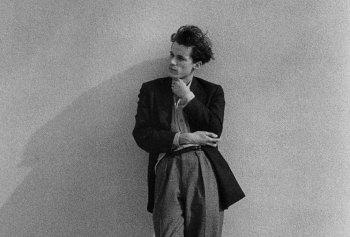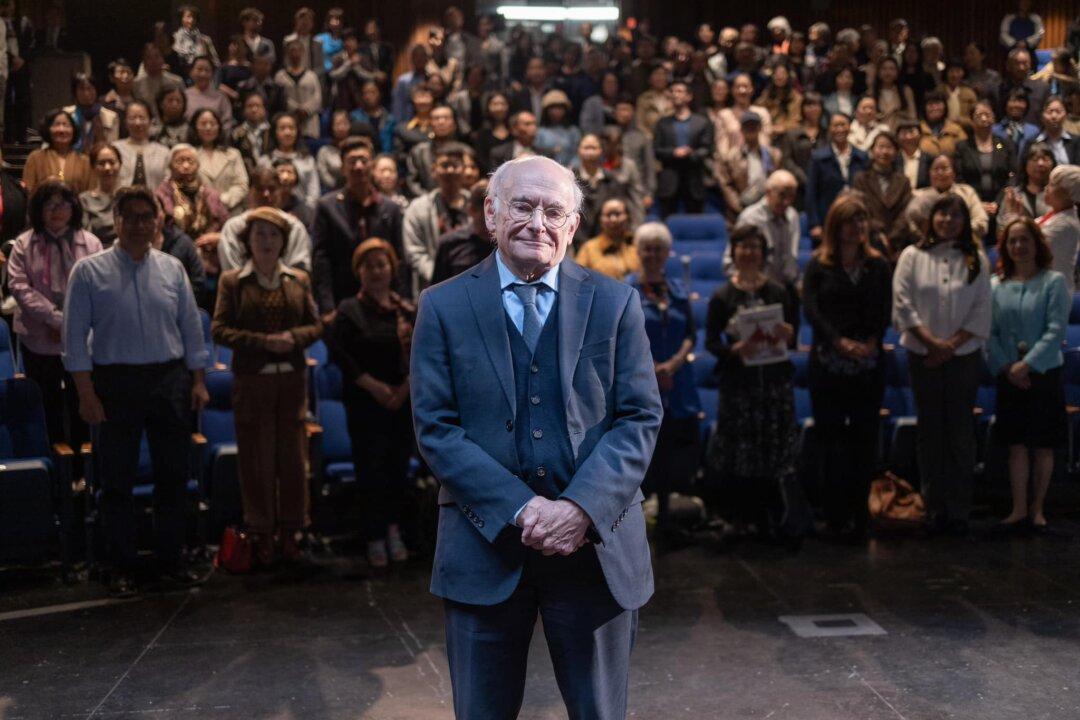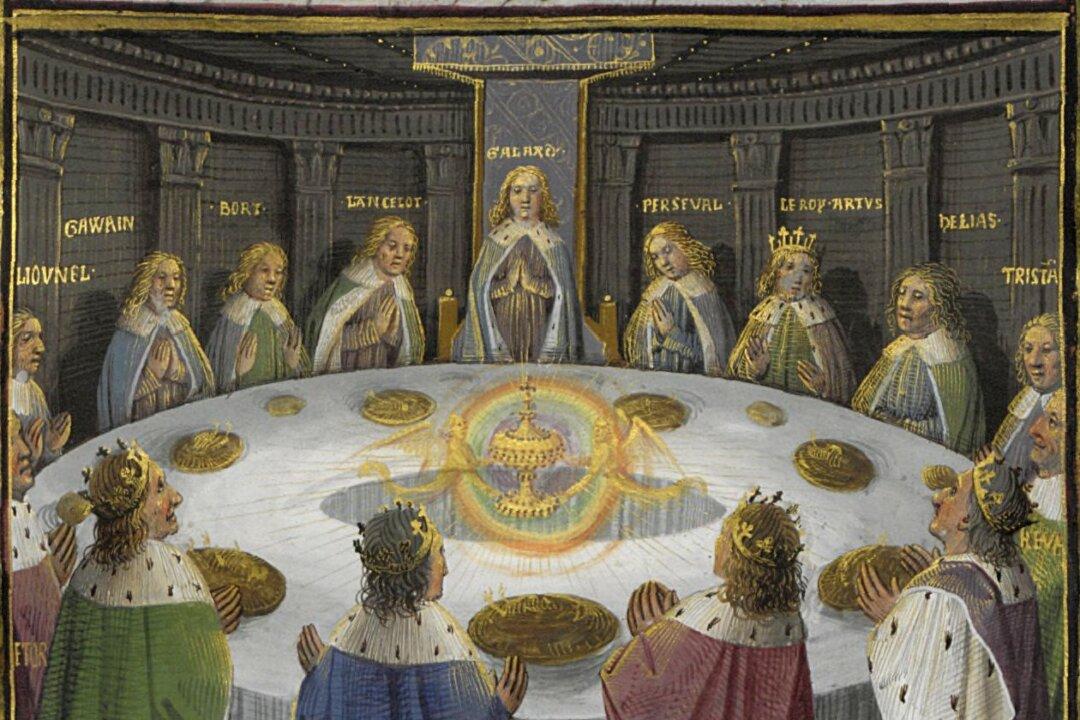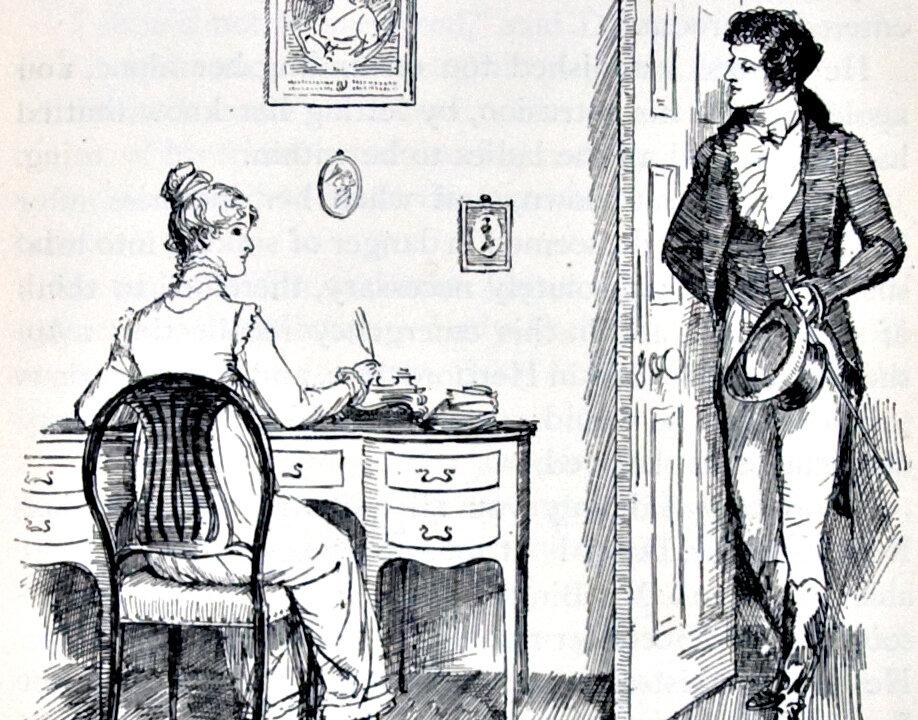Pianist Glenn Gould is a musical legend who, 27 years after his death, continues to capture the imagination of the public not only for his musical virtuosity but also for his personal eccentricity.
A Canadian icon with international appeal and one of the best selling classical artists of the 20th century, Gould has been the subject of numerous books, films, and documentaries.
Known for his reclusive personality, Gould often eluded media and public attention, so it’s rather ironic that his life story has turned out to be so well documented.
Genius Within: The Inner Life of Glenn Gould attempts to unravel the more intimate side of Gould through never-before seen candid interviews from close friends and lovers.
The work is directed by veteran film-makers Michèle Hozer and Peter Raymont, whose most recent award-winning work is Shake Hands with the Devil: The Journey of Romeo Dallaire.
“They achieved a disclosure of Glenn’s personal existence that has not been told,” said Gould’s former lawyer Stephen Posen at the film’s screening in Toronto last week. Posen was also the executor of Gould’s estate.
Under Hozer and Raymont’s direction, a balanced portrait of Gould is presented through personal and public footage.
By the age of 12, Gould had achieved concert pianist status, and by his teens and early twenties he had gained noteworthy recognition in Canada.
It was his 1955 recording of Bach’s Goldberg Variations for Columbia Records in the U.S. that raised the young man to international stardom. The recording eventually succeeded in becoming the best-selling classical instrumental recording of all time.
Demonstrating superior technique, musical control, passion, and vigour, Gould captivated audiences through his novel, rather unorthodox interpretations of classical works—he was particularly known for altering the tempo of pieces.
In fact, one of the most memorable moments in the history of the New York Philharmonic Orchestra was Gould’s 1962 concert appearance with veteran conductor Leonard Bernstein. Bernstein stepped on stage and made his now famous disclaimer, expressing his disagreement with Gould’s interpretation of the Brahms First Piano Concerto, but also expressing his fascination with Gould’s artistry, adventurous spirit, and “astonishing freshness and conviction.”
Five years earlier, Gould had made a historical breakthrough by becoming the first North American to perform in what was then the Soviet Union.
Referred to as a “genius” by the press, during his two-week whirlwind tour Gould captured the hearts of the Russian people with his vigorous interpretation of Bach’s works. (Bach had been banned in Russia by Stalin’s atheistic regime for being “evangelical”).
For his final performances in the Russian capital, the demand was so great that the hall was packed to over-capacity—even standing room was sold out—against fire code regulations.
Despite the acclaim and adulation with which Gould was greeted throughout his career, the pianist had a strong distaste for public performances and thus retired from concert life at the age of 31.
Renowned violinist Yehudi Menuhin once said of Gould, “No supreme pianist has ever given of his heart and mind so overwhelmingly, while showing himself so sparingly.”
He became a strong proponent of recordings, which he favoured for the greater control he could exert over his performances.
In addition to his prodigious piano repertoire, Gould possessed a broad artistic portfolio that included several radio and television documentaries and programs, writings, lectures, and conducting stints.
Gould’s complex and multi-faceted persona, inseparable from his musical legacy, continues to intrigue the public. Genius Within tells how his personality could range from an intelligent, warm-hearted person who loved children and animals to an anxiety-ridden individual, plagued by hypochondria and paranoia.
His passing at the age of 50 due to a stroke makes one wonder what his life would have been like had it not been cut short so young.
“Glenn was charming, funny, and intelligent,” says artist Cornelia Foss, who spoke candidly in the film of their five-year, live-in love affair in Toronto. But Gould proved difficult to live with and Foss was compelled to part ways with him, eventually returning to her husband, composer Lukas Foss.
“The more you know, the less you know... He has so many layers. His whole life was a fascination to everyone,” said Hozer at the screening.
“I don’t think we can see enough of Glenn Gould,’ added Raymont, who grew up listening to Gould’s recordings.
For more information about upcoming screening dates in North America, visit http://glenngouldmovie.com.
A Canadian icon with international appeal and one of the best selling classical artists of the 20th century, Gould has been the subject of numerous books, films, and documentaries.
Known for his reclusive personality, Gould often eluded media and public attention, so it’s rather ironic that his life story has turned out to be so well documented.
Genius Within: The Inner Life of Glenn Gould attempts to unravel the more intimate side of Gould through never-before seen candid interviews from close friends and lovers.
The work is directed by veteran film-makers Michèle Hozer and Peter Raymont, whose most recent award-winning work is Shake Hands with the Devil: The Journey of Romeo Dallaire.
“They achieved a disclosure of Glenn’s personal existence that has not been told,” said Gould’s former lawyer Stephen Posen at the film’s screening in Toronto last week. Posen was also the executor of Gould’s estate.
Under Hozer and Raymont’s direction, a balanced portrait of Gould is presented through personal and public footage.
By the age of 12, Gould had achieved concert pianist status, and by his teens and early twenties he had gained noteworthy recognition in Canada.
It was his 1955 recording of Bach’s Goldberg Variations for Columbia Records in the U.S. that raised the young man to international stardom. The recording eventually succeeded in becoming the best-selling classical instrumental recording of all time.
Demonstrating superior technique, musical control, passion, and vigour, Gould captivated audiences through his novel, rather unorthodox interpretations of classical works—he was particularly known for altering the tempo of pieces.
In fact, one of the most memorable moments in the history of the New York Philharmonic Orchestra was Gould’s 1962 concert appearance with veteran conductor Leonard Bernstein. Bernstein stepped on stage and made his now famous disclaimer, expressing his disagreement with Gould’s interpretation of the Brahms First Piano Concerto, but also expressing his fascination with Gould’s artistry, adventurous spirit, and “astonishing freshness and conviction.”
Five years earlier, Gould had made a historical breakthrough by becoming the first North American to perform in what was then the Soviet Union.
Referred to as a “genius” by the press, during his two-week whirlwind tour Gould captured the hearts of the Russian people with his vigorous interpretation of Bach’s works. (Bach had been banned in Russia by Stalin’s atheistic regime for being “evangelical”).
For his final performances in the Russian capital, the demand was so great that the hall was packed to over-capacity—even standing room was sold out—against fire code regulations.
Despite the acclaim and adulation with which Gould was greeted throughout his career, the pianist had a strong distaste for public performances and thus retired from concert life at the age of 31.
Renowned violinist Yehudi Menuhin once said of Gould, “No supreme pianist has ever given of his heart and mind so overwhelmingly, while showing himself so sparingly.”
He became a strong proponent of recordings, which he favoured for the greater control he could exert over his performances.
In addition to his prodigious piano repertoire, Gould possessed a broad artistic portfolio that included several radio and television documentaries and programs, writings, lectures, and conducting stints.
Gould’s complex and multi-faceted persona, inseparable from his musical legacy, continues to intrigue the public. Genius Within tells how his personality could range from an intelligent, warm-hearted person who loved children and animals to an anxiety-ridden individual, plagued by hypochondria and paranoia.
His passing at the age of 50 due to a stroke makes one wonder what his life would have been like had it not been cut short so young.
“Glenn was charming, funny, and intelligent,” says artist Cornelia Foss, who spoke candidly in the film of their five-year, live-in love affair in Toronto. But Gould proved difficult to live with and Foss was compelled to part ways with him, eventually returning to her husband, composer Lukas Foss.
“The more you know, the less you know... He has so many layers. His whole life was a fascination to everyone,” said Hozer at the screening.
“I don’t think we can see enough of Glenn Gould,’ added Raymont, who grew up listening to Gould’s recordings.
For more information about upcoming screening dates in North America, visit http://glenngouldmovie.com.






